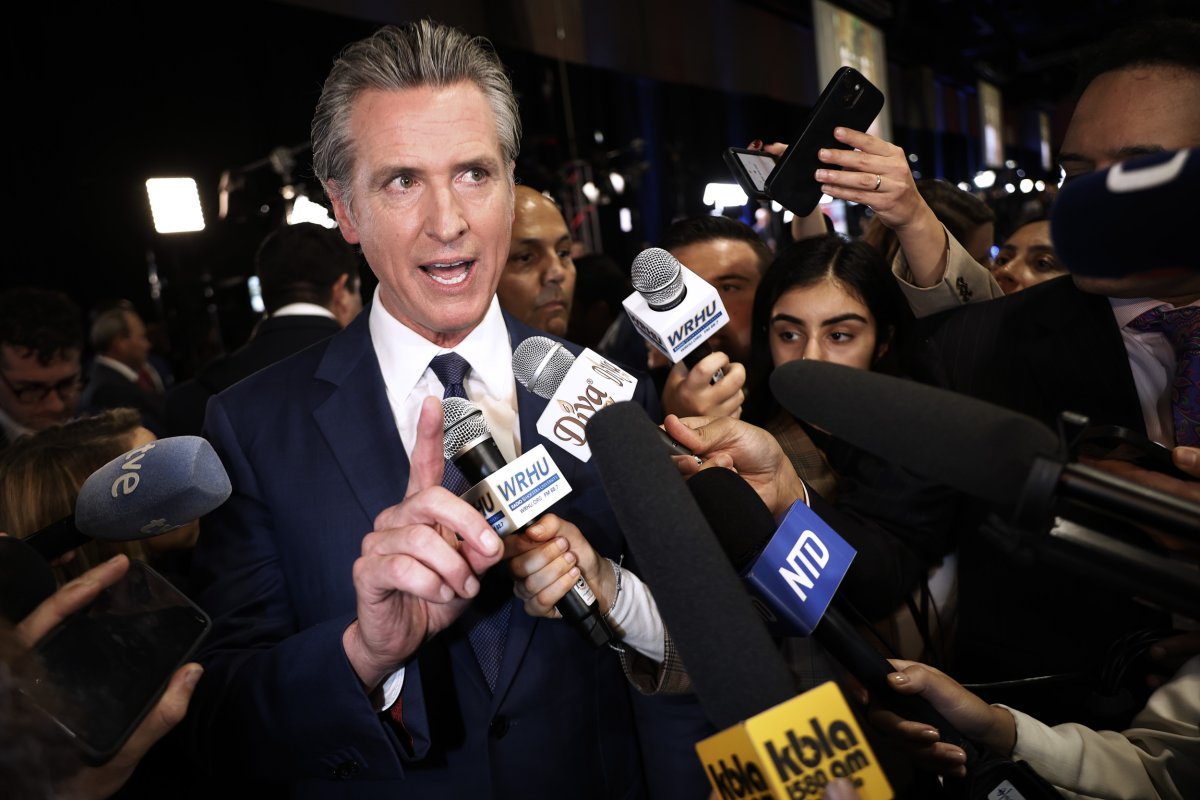
Around this time last year, during a speaking visit to Pennsylvania, I found the time to go to one of the most unusual parks I have seen in my life. It is built around the sprawling remains of what was once one of the world's largest steel plants: Bethlehem Steel. Around this time last year, during a speaking visit to Pennsylvania, I found the time to go to one of the most unusual parks I have seen in my life.
It is built around the sprawling remains of what was once one of the world's largest steel plants: Bethlehem Steel. Founded in 1857 in the city of the same name, the now-defunct Bethlehem Steel Corporation produced steel that played a major part in U.S.

shipbuilding during World War II, as well as the construction of world-famous icons such as the Empire State Building, the Golden Gate Bridge, and New York's Rockefeller Center. Totally bereft of visitors on the day I climbed its stairs and walked its pathways, the elaborate, hulking structures that one can tour freely are now slowly rusting their way to oblivion and have the feeling of a monument left by a vanished civilization. I have thought about the deserted Bethlehem plant a lot in recent days because steel has been in the news.
Last week, media outlets reported that the Biden administration is planning to reject a nearly $15 billion bid by a Japanese company, Nippon Steel, to acquire another struggling, old-line company: U.S. Steel.
The White House appears to be hiding behind national security logic to block the deal, preparing to invoke a recommendation from the interagency Committee on Foreign Investment in the United States. This, however, strikes me as a cover for motives that are purely rooted in electoral politics. Pennsylvania is the biggest so-called swing state prize in the fast-approaching U.
S. presidential election, and the pending rejection seems like an obvious bid to placate labor unions that oppose the Japanese takeover of U.S.
Steel and to appeal to voters who are skeptical of...
Howard W. French.










